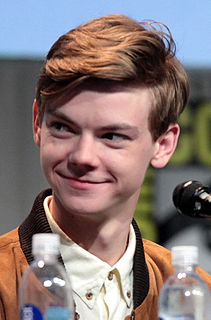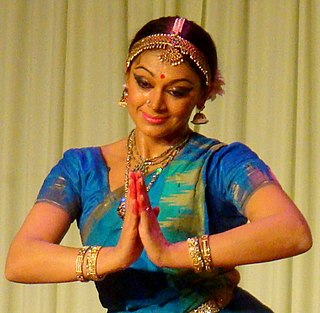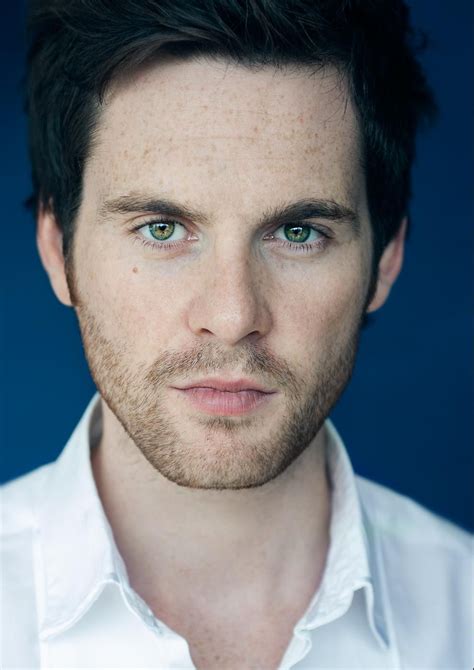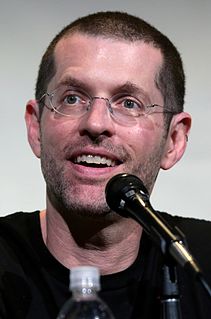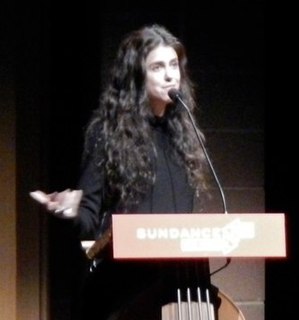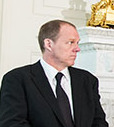A Quote by Douglas Booth
For the moment, whenever I read, it is normally scripts. You start a book and then you think, 'I should be reading these five scripts.'
Related Quotes
A lot of actors choose parts by the scripts, but I don't trust reading the scripts that much. I try to get some friends together and read a script aloud. Sometimes I read scripts and record them and play them back to see if there's a movie. It's very evocative; it's like a first cut because you hear 'She walked to the door,' and you visualize all these things. 'She opens the door' . . . because you read the stage directions, too.
The other great thing about it, that seems to be the case in streaming, is that a lot more scripts are written before you start. Because they are planning on allowing it all up at one time, you have four or five scripts to read and an outline of where it's going to go. The writers aren't chasing their tails as much. You're able to see the beginning, middle and end of a storyline, and that is rare. Streaming allows that, in a way that network TV doesn't.
The test for me, when I read other people's scripts, is whether I feel like there's something about me that is the best person to tell this story. I have a pretty high bar for myself. There's a lot of scripts that I read and think, "Oh, this is great, but I think there are 50 other directors who could bring this to the cinema."
I've read a hundred fantastic scripts that didn't pan out as films, and I completely put that on the directors. I've also read some mediocre scripts that have ended up being amazing, and I credit that to the directors. They're the storytellers. If you don't have a good storyteller, you really have nothing.




